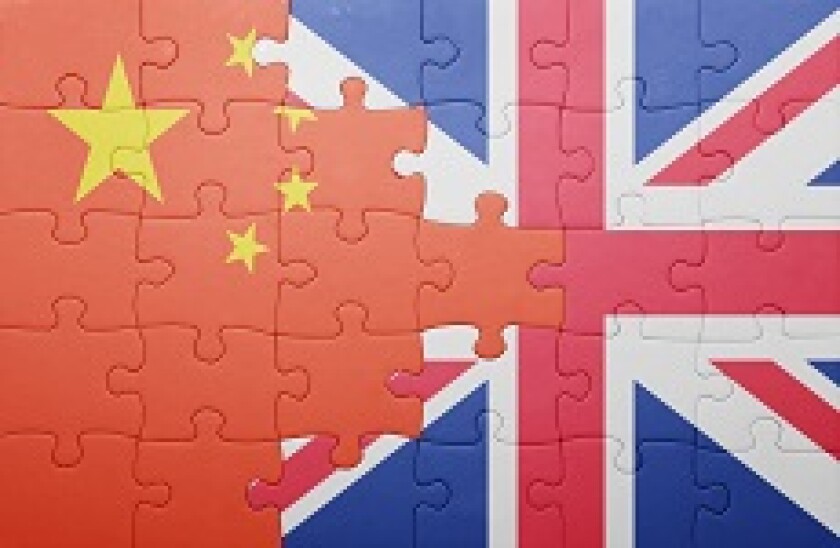Analysts tend not to put too much trust in Chinese official data. But when the country posted quarterly GDP growth of 6.4% year on year a few weeks ago, they were sure that it was evidence of a slowdown.
The state apparatus has gone into stimulus mode, suggesting such fears are warranted, perhaps most interestingly through the People’s Bank of China's decision to accept perpetual bank bonds in exchange for central bank bills.
But China is not just facing the test of a cyclical downswing and US trade tensions. It confronts four other structural challenges, according to Erik Nielsen, group chief economist at UniCredit. Fresh capacity is harder to come by in the labour market; a lower rate of urbanisation challenges productivity growth; the legacy of the one-child policy will weigh on the fiscal situation; and China may reach the “middle income trap”, where growth becomes harder to achieve.
Those placing their faith on China’s endless growth may be disappointed and the UK is at the head of the queue. According to the Bank of England, a 10% knock to China’s GDP would result in a 1.3%-1.4% fall in the UK’s figures.
The main channel for this is through global trade. But banks are also heavily exposed. The UK sector’s links to mainland China and Hong Kong are greater than those of the US, the euro area, Japan and Korea combined, even though the UK’s economy is one-fifteenth the size of the combined size of that group.
You need know next to nothing about banking to realise that an institution whose name is taken from the initials of The Hongkong and Shanghai Banking Corporation Limited is right in the frame for this issue.
HSBC released its 2018 results on Tuesday, and missed profit expectations. Negative jaws of 1.2% also bit it, as costs grew faster than revenues. Does this show the effect of China’s slowdown, and should the rest of the UK be alarmed? The UK media certainly made the link in headlines.
But it is too early to crawl into the air raid shelters just yet. HSBC appeared to suffer primarily from the general market collapse in the last quarter of 2018, something that has weighed on most of its European peers as well. Adjusted revenues from mainland China actually grew by 14%.
And UK banks’ improved capitalisation since their exposure to the US securitization and funding markets took them to the brink last time may mitigate the risk. The Bank of England’s stress tests appear to bear this out, although of course the application of these tests to real life is never certain.
While the China-UK banking link is important, the evidence that it could overwhelm the UK in the next few years is not yet there.

